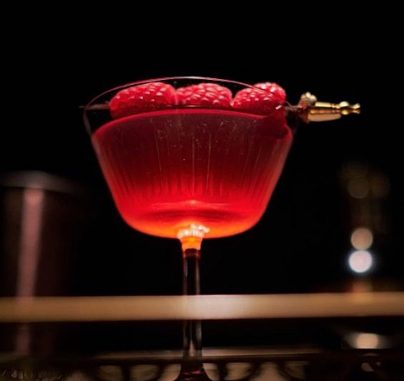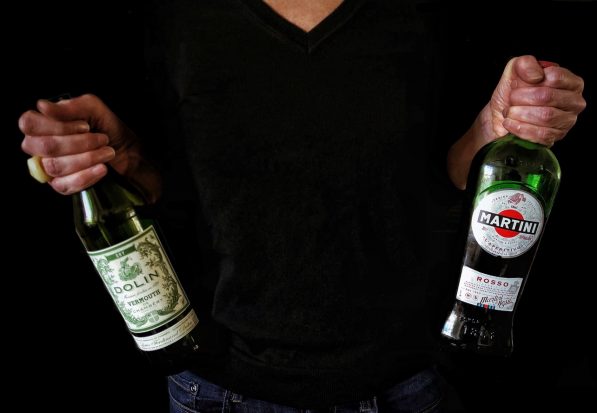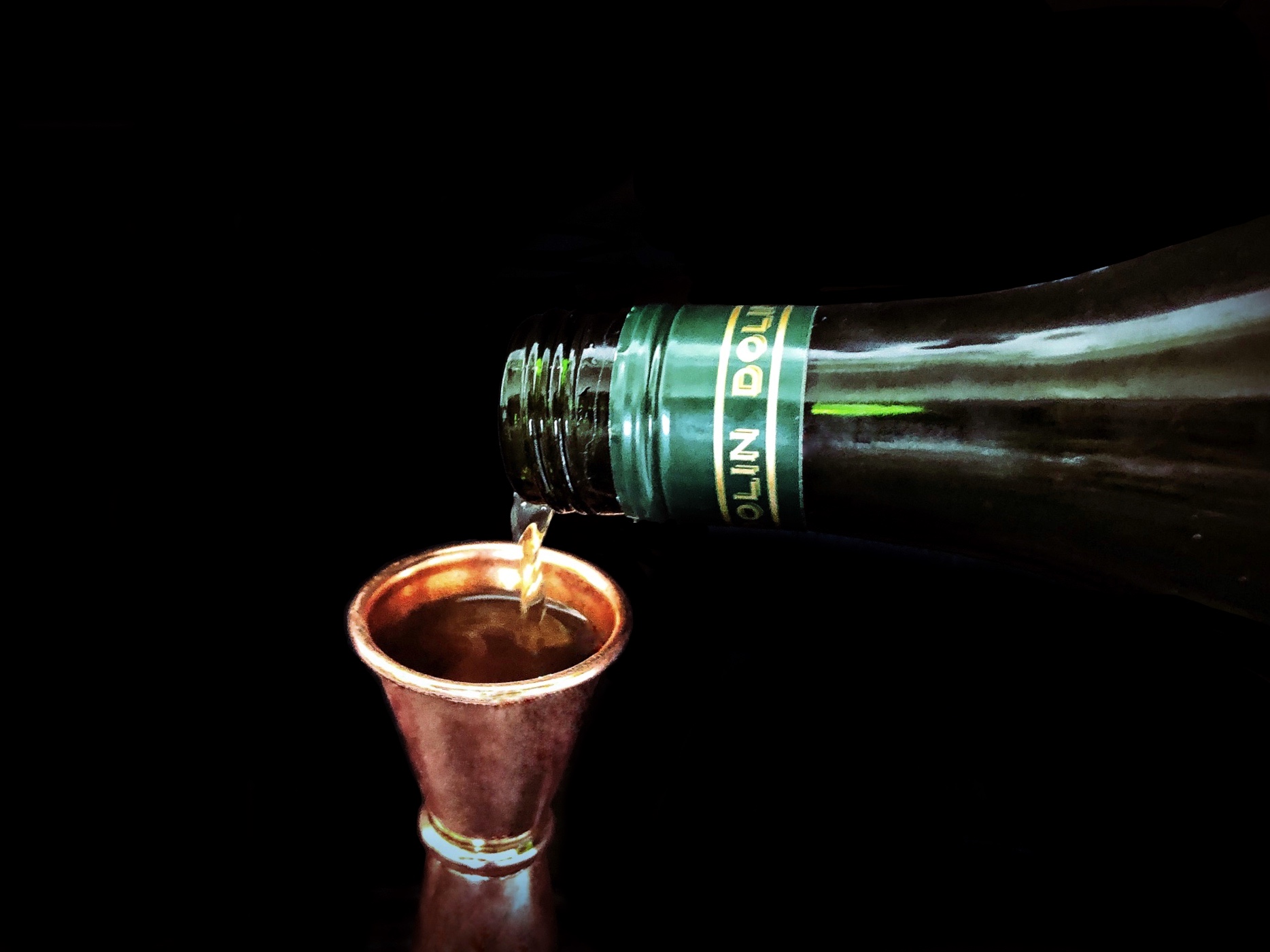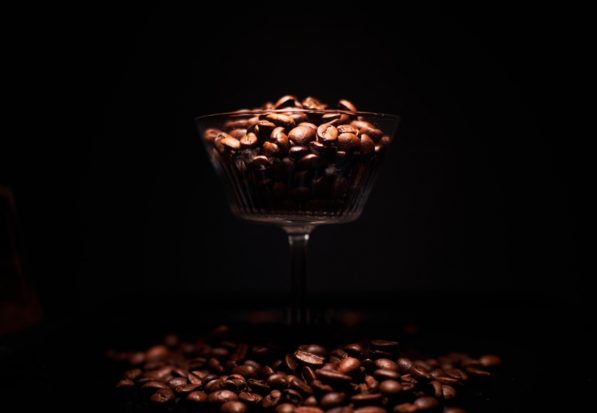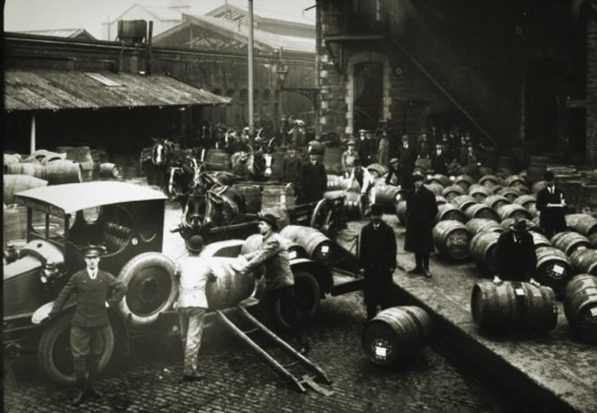Vermouth is one of the most under-rated cocktail ingredients, yet probably the most versatile.
So what is it?
Contrary to what many people think, Vermouth is not a liqueur but instead a fortified and aromatised wine.
Recently though there has been a revival to the delicate flavours and nature of a good Vermouth and the crowds are flocking back.
Not only does it offer a familiar flavour that even by itself is a delight but it also comes in a low ABV, which makes it perfect for not only day drinkers but also the low-alcohol crowd.
So what’s it all mean?
The name “vermouth” is the French pronunciation of the German word Wermut, which means wormwood, an ingredient that has been used in the drink since the 16th century.
The modern versions of the beverage were first produced in the mid to late 18th century in Italy and were used, like so many other cocktail ingredients, for medicinal purposes.
Yet, its true claim to fame came as an Aperitif and then later as a key ingredient in many classic cocktails, such as the Martini, the Manhattan, the Rob Roy, and the Negroni.
What types are there?
Dry (or French)
Always white, Dry Vermouth produces a delicate, dry and crisp style with a herbal taste. This type is popular to enjoy on its own over ice. Dry vermouth is the essential mixer in the Classic Martini.
Bianco (or White or Blanc)
It is similar to Dry, Bianco Vermouth offers a medium-sweet flavour with mild herbal taste.
Rosè (or Rosato or Rosado)
It has a pinkish colour yet is similar to White Vermouth, with a style is often off-dry. The colour comes from a short contact with the grape skins.
Sweet (or Red or Italian)
Usually red or brown, this sweeter style is heavily aromatized, heavier in its base and usually more richly flavoured. The end flavour tends to have a slightly bitter taste, which works so well in cocktails like the Rob Roy and the Manhattan.
Are the types made from different grapes?
Vermouth starting its life as a neutral grape wine or unfermented wine must, to which a mixture of dry ingredients, consisting of aromatic herbs, roots, and barks, are added.
Although many people believe that red Vermouth comes from red grapes and white Vermouth from white, that isn’t that case. The wine base for all Vermouth is white grapes and it is the botanicals or even added caramel that brings out the colour.
While the Italians are typically attributed with inventing the sweet variety of vermouth, while the French are known for inventing the dry, but both types begin with the same base — an inexpensive white table wine.
So is it an Aperitif?
Although we will always encourage Vermouth’s use in cocktails, to truly understand it you have to see it as it is an Aperitif Wine. Derived from the Latin aperire, Aperitif means “to open,” in the sense of opening up the appetite.
All true Aperitifs carry a bittersweet character that stimulates the production of gastric juices and promotes appetite. While being similar in its ability aid in the digestive process, in a similar way to say an Amaro, Vermouth is nowhere near as bitter.
It’s classification as a fortified wine means the alcohol percentage of the wine has been raised through the addition of spirits (a fairly neutral grape brandy is ideal in most cases).
Aperitif wines are relatively low in alcohol content when compared to other spirits, but a bit higher than straight wine. Like other fortified wines, aperitif wines are typically enjoyed in smaller servings than straight wine (perhaps 2-3 oz).
How do I store it?
The important thing to remember about Vermouth is that it needs to be kept in the refrigerator. Yet even as you do, the flavour of the Vermouth will continue to evolve due to its wine base.
Usually, a Vermouth best enjoyed 4-5 weeks after opening, although a quality vermouth can last even longer. Unopened, Vermouth can last up to a decade if stored properly.
